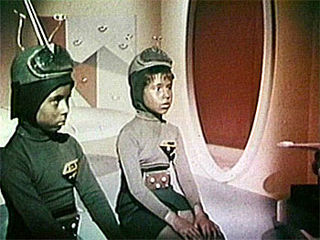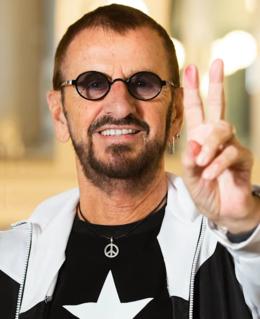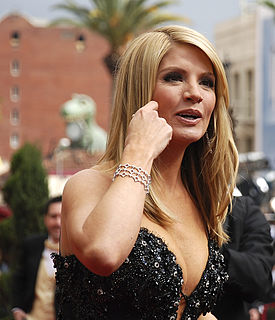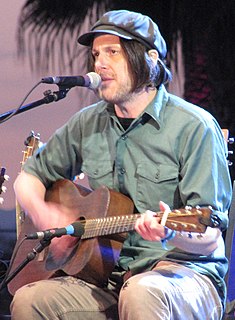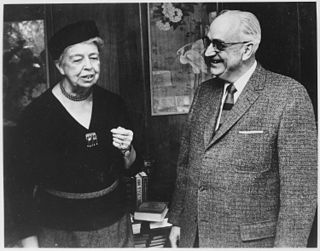A Quote by Rene Descartes
Some years ago I was struck by the large number of falsehoods that I had accepted as true in my childhood, and by the highly doubtful nature of the whole edifice that I had subsequently based on them. I realized that it was necessary, once in the course of my life, to demolish everything completely and start again right from the foundations if I wanted to establish anything at all in the sciences that was stable and likely to last.
Related Quotes
I had a student some years ago whose father had worked on the Manhattan Project. I had a student who had to escape this very intense, born-again fundamentalist Christian background that was very much like a cult and of course they struggle to get to Naropa. And they have cut themselves off. They don't look back.
Fifteen years ago I knew I had to settle into being a mom and give them a normal life, which I never had. I was always traveling. I had tours. I wanted my kids to settle down, and we kind of did it together.... It was a bumpy transition. There was no director telling me what to do. No script, but I really enjoyed it. I even became president of the PTA. Doing the laundry was a meditative experience. Now, when I start to get nervous and stressed, I go in and start to fold towels.
With God's help, I've not had a drink in nine and a half years. That's my whole story right there. And because of that, I'm doing this. I'm making records, I'm touring. I was so involved in just getting brain damaged, I wasn't doing anything. I had great ideas, many notebooks filled with notes, some of them I can read and some of them I just can't read, but I really didn't do anything constructive, it was all just good ideas. Now I'm trying to lead a constructive life a day at a time.
Strange indeed is human nature. Here were these men, to whom murder was familiar, who again and again had struck down the father of the family, some man against whom they had no personal feeling, without one thought of compunction or of compassion for his weeping wife or helpless children, and yet the tender or pathetic in music could move them to tears.
I've never written a fiction before about real people. . . . I read everything that I could find by people who met them and tried to get some impression of them, but as always when you write fiction, even if you have completely fictitious characters, you start by thinking of what is plausible, what would they say, what would they be likely to do, what would they be likely to think. At some point, if it is every going to come to life, the characters seem to take over and start speaking themselves, and it happened with [COPENHAGEN].
What was happening was only the working-out of a process that had started years ago. The first step had been a secret, involuntary thought, the second had been the opening of the diary. He had moved from thoughts to words, and now from words to actions. The last step was something that would happen in the Ministry of Love. He had accepted it. The end was contained in the beginning.
All indications are that three and a half billion years ago, Mars looked like Earth. It had lakes. It had rivers. It had river deltas. It had snow-capped peaks and puffy clouds and blue sky. Three and a half billion years ago, it was a happening place. The same time on Earth, that's when life started. So did life start on Mars?
I have had a few rough patches in my life, but these last few years have been among the roughest. A few years ago, I left my job as host of the television show Extra. Our parting of ways was completely amicable; they were amazing to me. I had spent over a quarter of my life at that job, and without it, I felt like I had lost my compass. People didn't know how to introduce me anymore, because in L.A., you are your job.
If you want to succeed in your life, remember this phrase: That past does not equal the future. Because you failed yesterday; or all day today; or a moment ago; or for the last six months; the last sixteen years; or the last fifty years of life, doesn't mean anything... All that matters is: What are you going to do, right now?
I did The Seagull, the Chekhov play, on Broadway, a couple of years ago, and I had done it in London, and I became completely obsessed with the character, Nina, that I played in that. She's an actress. I couldn't find a play after that, that I wanted to do, because I couldn't think of doing anything else. Every part is a disappointment, once you've done that part.
I realized that even though I believe with my whole heart in the power of music... it didn't provide any solid answers on how to heal myself and heal others so that they could overcome what had happened to them. I realized that I wanted to take a deeper look at life in order to be some kind of truly healing force in people's everyday lives.



